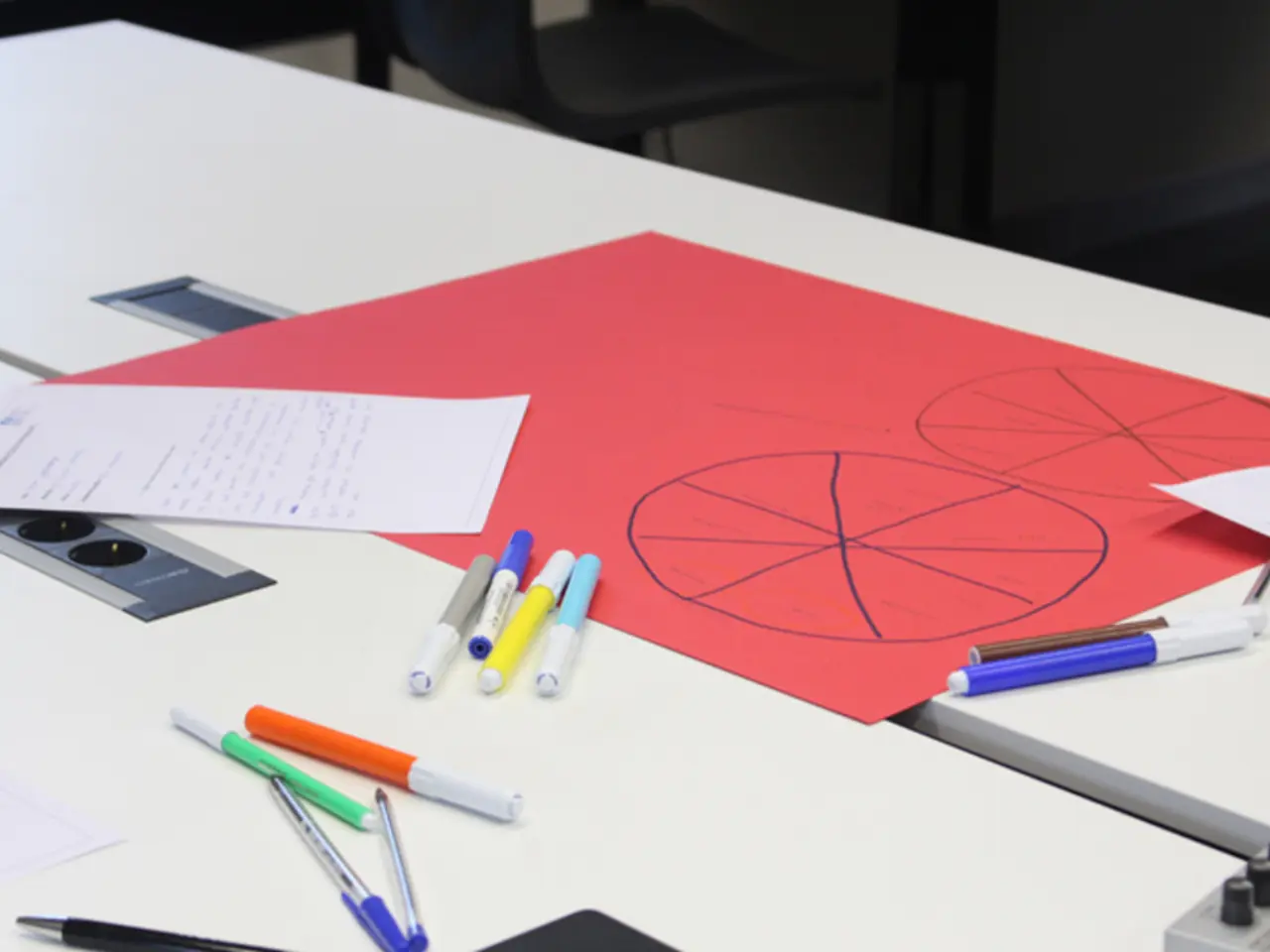Strategies for Students on Taxes: Maximize tax deductions and save funds
In Austria, students can claim tax deductions for educational expenses that are primarily classified as income-related expenses (Werbungskosten) if the education is linked to their current or future profession. Here's a summary of the general requirements and process:
Eligible expenses typically include tuition fees, course fees, examination fees, study materials, and sometimes travel expenses related to attending classes or exams. The education must be vocationally relevant or linked to job qualification. For example, costs for degree courses, further training, or professional development can be deductible.
To claim these deductions, students need to:
- Gather receipts and proof for all education-related expenses.
- Complete the income tax return (Einkommensteuererklärung).
- Declare the education expenses under professional or income-related expense sections.
- Submit the tax return to the Austrian tax office (Finanzamt).
- Await assessment, where the Finanzamt reviews and calculates the deductible amount.
It's important to note that there is no fixed overall maximum for such deductions in Austria, but the expenses must be justifiable and appropriate. Proper documentation and receipts should be kept for all educational expenditures claimed.
Beyond income-related deductions, there are other benefits for students in Austria. For instance, students with marginal employment are often only insured for accidents in health insurance. However, they can benefit from their parents' health insurance, allowing them to avoid paying for their own insurance.
Students can also write off occupational expenses against taxes, including tuition fees, textbooks, specialist literature, lecture notes, computer equipment, travel, and commuting costs. If a student has more than one marginal employment, they will be billed with health insurance contributions afterwards, even if they have not benefited from it during the year.
For students with marginal employment, social security contributions can be written off against taxes (tax credit) and 50% of the contributions can be received back. To be eligible, students must earn more than €12,000 per year.
If a student's place of study is more than 80km away from their parents' home address or the quickest itinerary via public transport is more than one hour, their parents can apply for a monthly tax allowance of €110.
Students earning less than €21,500 per year may be entitled to a partial social security repayment or tax credit. The website of the Arbeiterkammer has helpful information on financial conditions and situations of students.
The Austrian student representation body (ÖH) offers tax consultancy for students, providing valuable assistance in navigating the tax system. Parents can continue to receive family allowance as long as the student is an ordinary student under 24, with an additional income limit of €15,000 per year.
This framework differs from other countries like Portugal or Ukraine, whose systems differ significantly. However, based on Austrian tax principles and general EU practice, this summary is accurate. It's always recommended to consult the official Finanzamt guidelines or a tax advisor for precise rules and updates since Austria's tax law is subject to change.
In Austria, personal-finance benefits for students extend beyond income-related deductions, as they can also write off occupational expenses against taxes, such as tuition fees, textbooks, and commuting costs.
Furthermore, students with marginal employment in Austria can claim a tax credit for social security contributions if they earn more than €12,000 per year.




